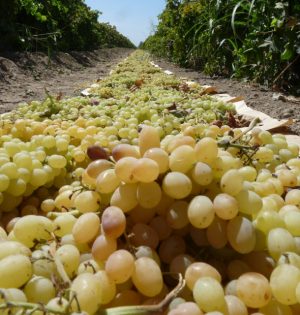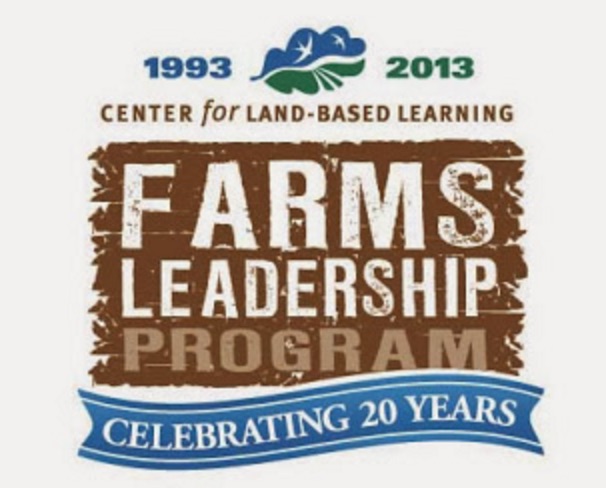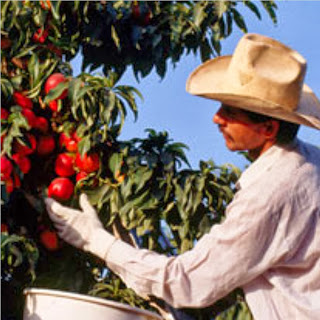AGRICULTURE LAUNCHES TWITTER CAMPAIGN FOR IMMIGRATION REFORM
Farmers for Immigration Reform
The Agriculture Workforce Coalition, Western United Dairymen, the American Farm Bureau Federation, and more than 70 of the largest American agriculture groups this week joined with the Partnership for a New American Economy to launch #ifarmimmigration, an agriculture campaign to support renewed efforts to enact immigration reform this year.
Farmers across the country depend on temporary labor to help grow their crops and their business. Immigrants help fill those vital positions, creating additional 2-3 jobs for domestic-born workers up and down the economy in food packaging, shipping or farming supplies. For many farms across the country, there are simply not enough native-born workers to work their fields.
The agriculture campaign will stress the agriculture sector’s critical need for immigration reform with activities online and on the ground, in Washington D.C. and in key Congressional districts. The month started with a Capitol Hill briefing on Feb 5, where Congressional staff heard from farmers and ranchers about the need for immigration reform. Throughout the month, the campaign will release new research on labor shortages while farmers and ranchers will be on the ground telling their stories through farm tours, social and traditional media, videos, and community events for members of Congress in their districts.
American Farm Bureau’s Bob Stallman commented, “Unfortunately, because of a labor shortage in our farm fields, there’s a growing crisis about the future of our food supply.”
Stallman continued:
“In that spirit, throughout the month of February, farmers across the country, in conjunction with the Partnership for the New American Economy, will be using a slightly different spin to show consumers and lawmakers just how important immigration reform is to our food system. The truth is, we either import our labor or we import our food.”
“America’s farmers and ranchers need a balanced immigration reform bill that includes a fair and workable farm labor provision. We are encouraged by the House Republican Conference’s commitment to moving forward on immigration reform this year with the release of their immigration ‘standards.’ The American Farm Bureau Federation supports the House using these principles as guideposts and, specifically, we appreciate the recognition that agriculture’s need for a legal and stable workforce must be addressed.”
“But much work remains and farmers will continue to work toward passage of responsible immigration reform legislation that includes an earned adjustment for experienced, undocumented agricultural workers and a new, flexible guest worker program.”
http://www.renewoureconomy.org/news/updates/lets-passimmigration-year/
This effort joins The Partnership for a New American Economy, which brought together more than 500 Republican, Democratic, and Independent mayors and business leaders who support immigration reform as a way of creating jobs for Americans today.

















